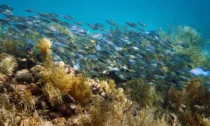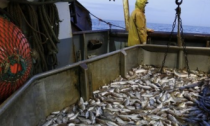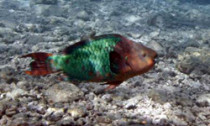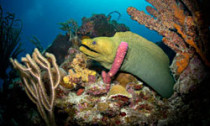
At a critical time for economies and the ocean, The Nature Conservancy, the Caribbean Hotel & Tourism Association and the United Nations Environment Programme joined forces to create, for the first time in the Caribbean, a guide to coral reef restoration designed specifically for the tourism sector.
Healthy coral reefs are essential for the Caribbean tourism industry, which drives local economies and supports hundreds of thousands of livelihoods throughout the region. A Guide to Coral Reef Restoration for the Tourism Sector presents coral restoration best practices backed by scientific research, practitioner experience and stakeholder input...
Read More







Social Profiles